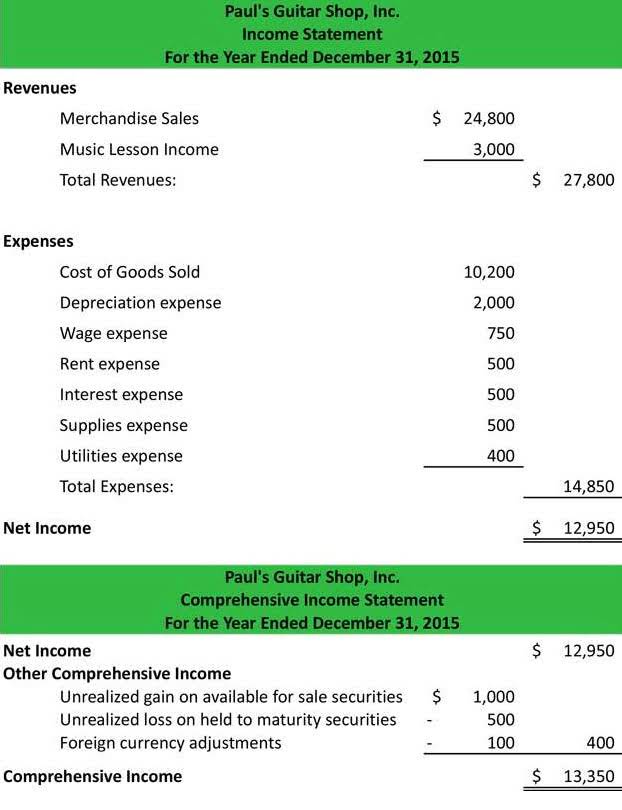
Moreover, retainer costs can increase expontentially depending on the number of times a client’s case is taken to court. The following table demonstrates an example of one Upstate New York lawyer’s experience with retainer costs, based on the number of court visits that were made. By enabling lawyers to securely retain funds until completing the work, they decrease the likelihood of encountering potential payment issues. Clients also gain assurance that their legal needs will receive prompt and reliable support when required.
Should You Hire a Lawyer and Pay Attorney Fees?
As such, these additional expenses should always be discussed before hiring a lawyer. Further, an attorney should be willing to provide explanations of any other fees that may be included in monthly billing statements. They’re typically a flat fee that what is a retainer fee a client pays to guarantee that the firm will handle their legal needs, but it does not pay for the actual cost of the legal services. This distinction is what sets apart a “retainer” disguised as an entry fee from the true function of a retainer.
What Is a Retainer Fee?
As the attorney works on your case, they will keep track of every letter written, every document researched, and every 10 minutes spent on your case. The way you pay an attorney depends on the type of case and whether you want https://www.bookstime.com/ one-time work or a continuing relationship. It also benefits clients by ensuring that they receive dedicated attention from their attorney, as the retainer creates a commitment from both parties to work together effectively.
Evergreen Retainer: The Serial Sequel 🔄
Clients also win as they gain confidence in knowing that they’ll have access to a lawyer’s time for future needs. Additionally, a retainer fee acts as a down payment to secure the lawyer’s services for an extended period of time. When it comes to charging clients for their services, lawyers have a few different options available. They can charge clients on the basis of the hourly rate, set flat fees, contingency, or go for the retainer fees option. A retainer for a lawyer is an advance payment made to secure the lawyer’s services, often covering initial fees and ensuring the lawyer’s availability for your legal needs. It generally acts as a deposit, with funds drawn down as the lawyer performs work.
- Since you may still incur additional legal expenses, always ask how much a lawyer is going to charge you, before you pay them anything.
- The amount serves as a guarantee by the client to pay the attorney upon completion of the agreed work.
- You may be asked to pay an additional retainer fee when your first deposited funds are depleted.
- A retainer fee is an advance payment that a client makes to a professional, and it is considered a down payment on the future services rendered by that professional.
- For help setting your firm’s rates, our Law Firm Billing Guide discusses which factors to consider and other billing practices that promote transparency with clients.
A retainer is not necessarily sufficient to cover the entire cost of legal services. Since you may still incur additional legal expenses, always ask how much a lawyer is going to charge you, before you pay them anything. Essentially, this means you pay a certain amount up front that the attorney then bills against. This money is prepayment for legal fees that you incur during your case. For example, your lawyer might require a $1,000 or a $2,000 retainer before beginning to work on your divorce case. Attorneys have a reputation for charging high hourly rates and with good reason.


It ensures clear expectations and responsibilities for each party, preventing misunderstandings. By securing a retainer, lawyers are guaranteed payment for their services, while clients have peace of mind knowing that the lawyer is committed to their case. The use of attorney retainers offers peace of mind, assuring lawyers that their time and expertise will be compensated. Additionally, this practice enhances financial stability for law firms and individual attorneys. This type of retainer involves paying in advance to reserve the law firm’s availability for future legal services.
Earned retainer fee
- Generally speaking, however, lawyers who charge lower hourly rates will also charge lower retainer fees.
- Negotiate with your lawyer if any terms seem unreasonable, unclear, or not aligned with your budget.
- The way you pay an attorney depends on the type of case and whether you want one-time work or a continuing relationship.
- Additionally, a retainer fee acts as a down payment to secure the lawyer’s services for an extended period of time.
- But in the hallowed halls of finance, cryptocurrency is rapidly emerging as a force to be reckoned with.
- At LawPay, we’ve built our legal payment processing platform to do just that.
Can I use my credit card to pay attorney’s fees?
- It’s like booking their time so they can help with your legal issues.
- Additionally, retainer fees are often structured to provide a level of predictability in future legal costs.
- Remember, the proper retainer agreement can make all the difference in ensuring your legal needs are met with the utmost professionalism and dedication.
- With more than 1.3 million lawyers licensed to practice law in the United States as of 2015, you are sure to find the right fit for you.
- Today, lawyers needn’t consult a crystal ball to decipher the best way to receive their hard-earned dough.
